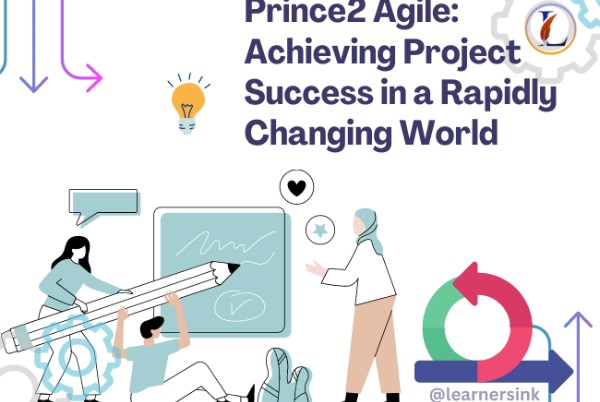EFFECTIVE DECISION MAKING
- Home
- Blog

EFFECTIVE DECISION MAKING
Decision making is an essential skill for success in both personal and professional settings. It involves the process of identifying and choosing alternatives with the aim of achieving a specific goal. Here are some key points to consider when making decisions:
Define the problem or opportunity: Clearly define the problem or opportunity that needs to be addressed, and ensure that all decision-makers have a thorough understanding of the issue.
Gather and analyze data: Collect and analyze relevant data to inform the decision-making process. This may include financial data, market research, customer feedback, and expert opinions.
Involve the right people: Involve the appropriate individuals in the decision-making process, including those who have expertise in the relevant area and those who will be affected by the decision.
Consider multiple options: Consider a range of options and alternatives, and evaluate their potential risks, benefits, and costs.
Make a decision: Based on the data and analysis, choose the option that is most likely to achieve the desired results and aligns with the organization's goals and values.
Communicate the decision: Clearly communicate the decision to all stakeholders, including the reasoning behind it and any next steps that need to be taken.
Follow up: Monitor the implementation of the decision and track its outcomes to ensure that it is successful and achieves the desired results.
TIPS TO IMPROVE DECISION-MAKING SKILLS
Clearly define the problem or opportunity: Take the time to thoroughly understand the problem or opportunity that needs to be addressed.
Gather and analyze relevant data: Collect and consider all of the relevant data and information before making a decision.
Consider multiple options: Don't jump to the first solution that comes to mind. Instead, take the time to consider a range of options and alternatives.
Involve the right people: Seek input and advice from others who have relevant expertise or who will be affected by the decision.
Take your time: Don't feel rushed to make a decision. Take the time you need to fully consider all of the options and their potential consequences.
Be open to new ideas: Be open to new ideas and perspectives, even if they differ from your own.
Practice active listening: When seeking input from others, practice active listening by paying attention, asking questions, and seeking clarification.
Trust your instincts: While it's important to consider all of the available data and input from others, it's also important to trust your own judgment and instincts.
Reflect on your decisions: After making a decision, take the time to reflect on the process and the outcome. Consider what worked well and what you could do differently next time.
Latest posts
QUICK ENQUIRY
Learners Ink 2019 - | All Rights Reserved



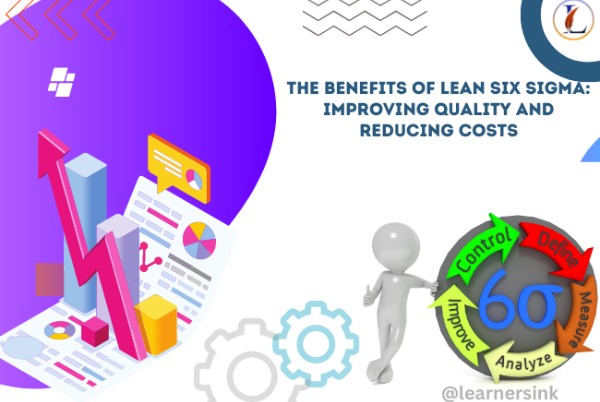
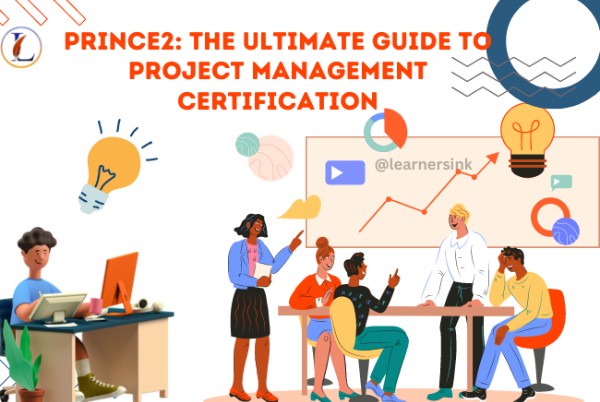


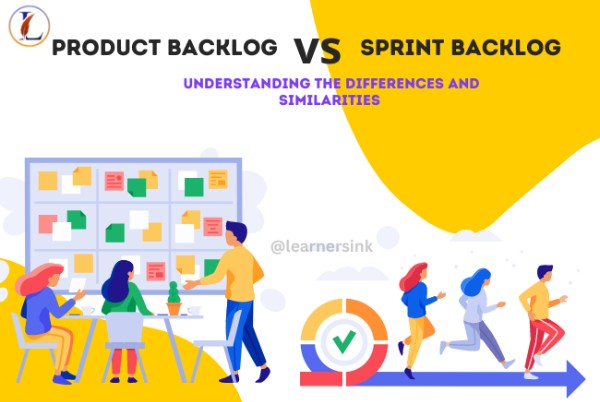

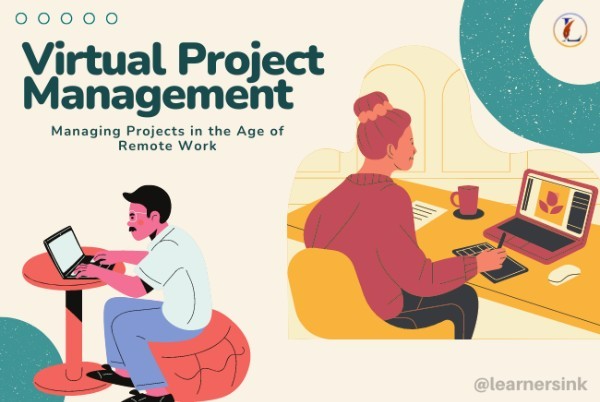

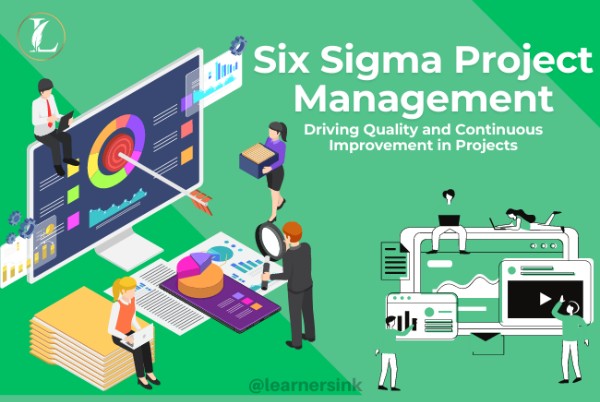


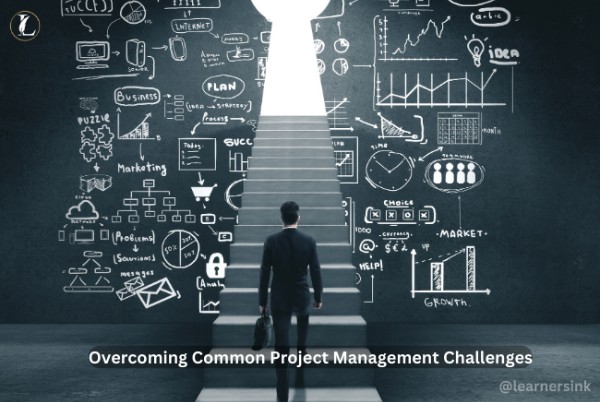




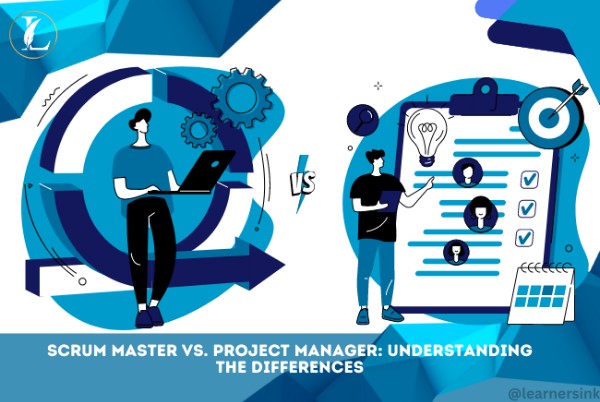






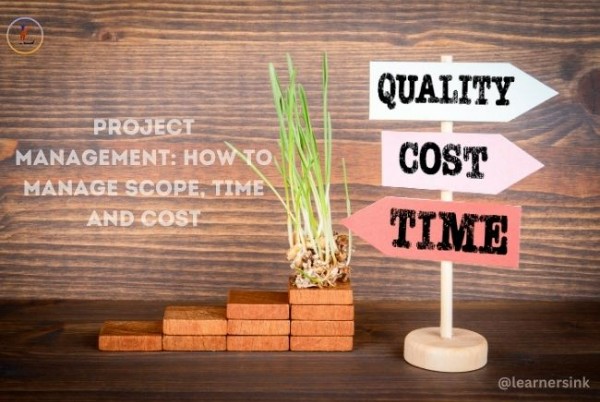










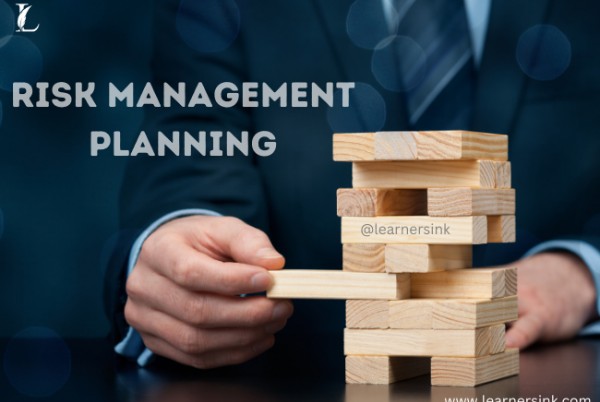



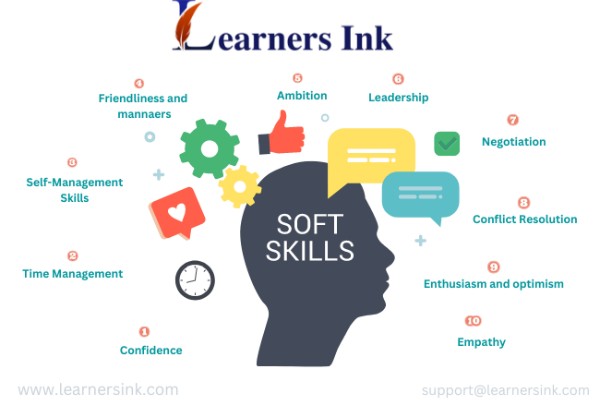











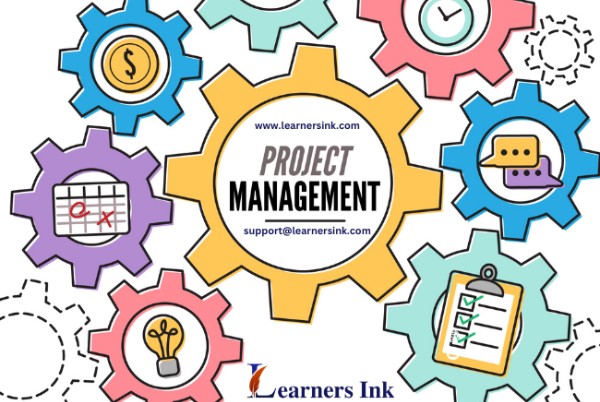
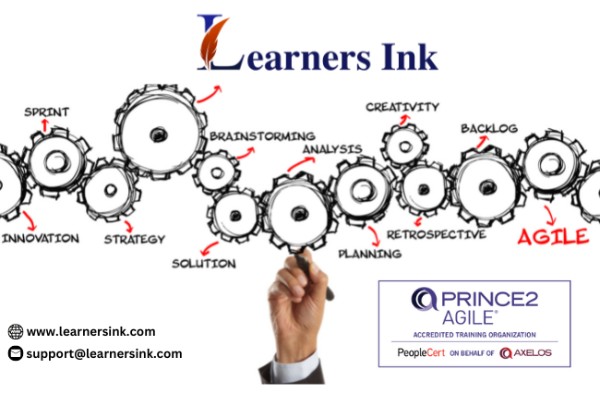




.jpg)

